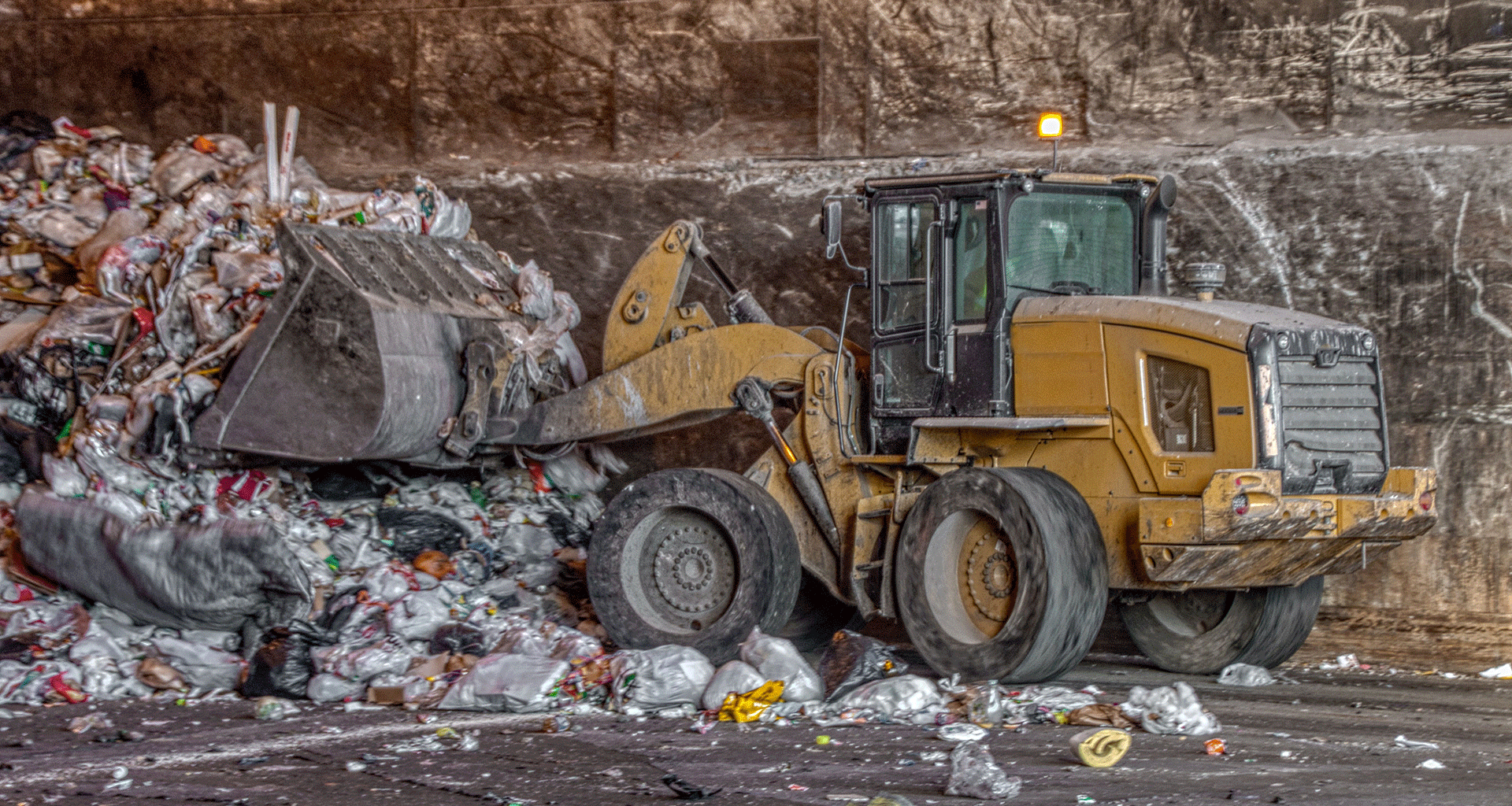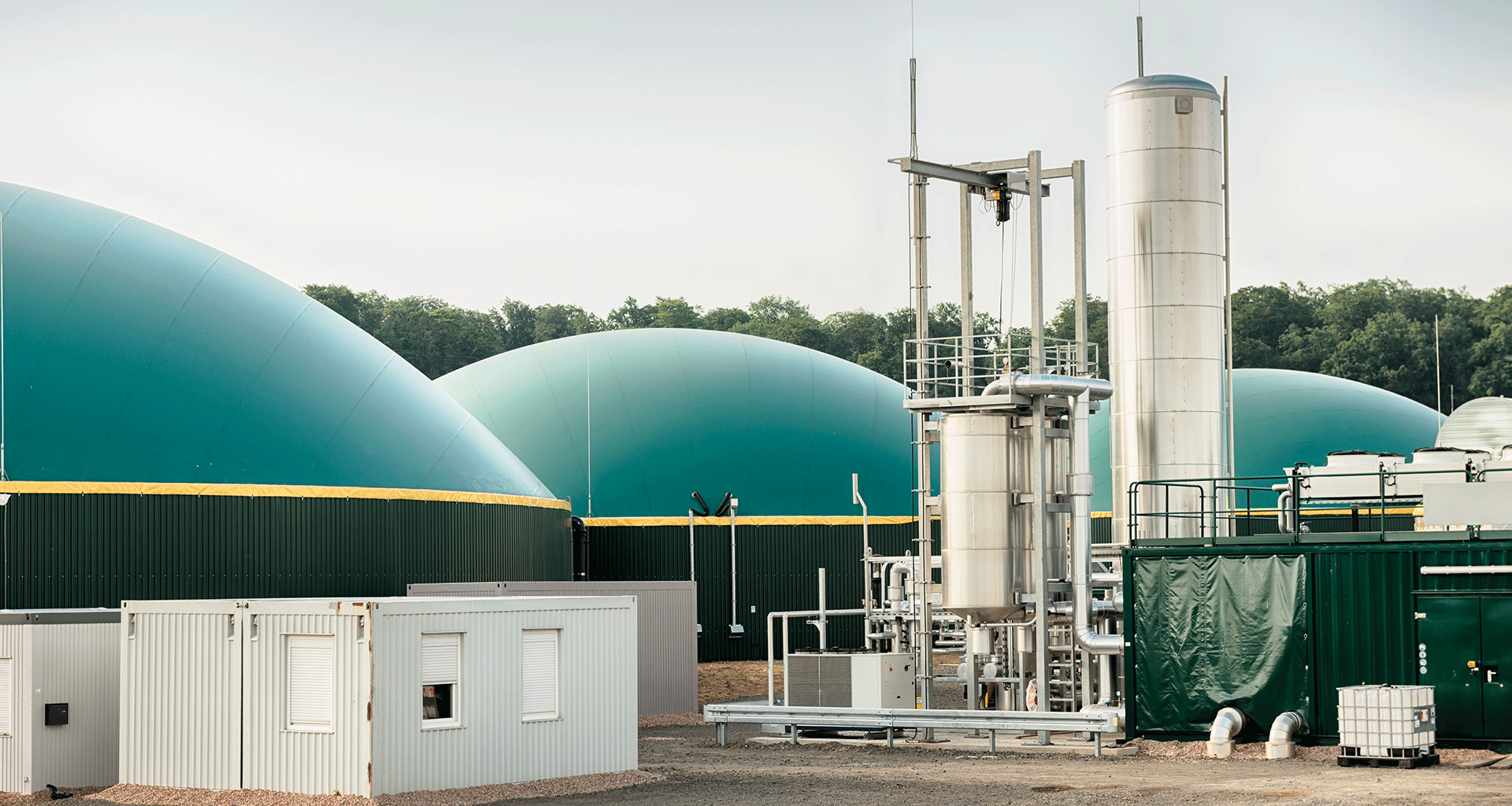GREEN ENERGY

GREEN ENERGY
Consumption of nonrenewable energy sources results in the emission of greenhouse gases such as CO2. Most countries in the world contribute to garbage production, and the cause for all of the waste is a large population and an agriculture-based economy. Biodegradable trash is commonly discarded or ingested, resulting in the pollution that causes respiratory diseases. Because the methane produced by the decomposition of natural waste is not captured, agriculture is one of the major contributors to greenhouse gas emissions.
High carbon emissions are one of the most serious challenges driving the demand for renewable energy in the future. Renewable energy is the means to regulate and reduce the carbon footprint of the practical energy framework. For several decades, renewable energy sources have been the driving force behind growth in the global clean energy sector, and now, renewables account for around 30 percent of worldwide energy consumption.
PSPL recognizes that clean energy is a critical requirement, and our team of professionals specializes in the growth and improvement of renewable technologies. We also provide advice on solar energy, biomass, waste-to-energy, biogas, biodiesel, and syngas.
Why Choose Us
We believe in offering our clients with technologically enabled operational excellence. We provide technical solutions that decrease system complexity while increasing system or module performance, such as ammonia plants, caustic soda plants, and sulfuric acid plants.
Specialized Packages




PSPL has prior experience with solar energy. Our experience will enable us to provide small utility-scale projects.
We offer full consultancy services and engineering support in system selection and installation for both domestic and
industrial facilities. We also created some of the technology bundles that operate in remote areas using solar power.
Our experience also includes consulting services for small-scale solar thermal plants ranging from 100 m2 to the largest plant required.
PSPL is working on and building a system to supply waste-to-energy engineering and technologies. This is being produced by our team of
specialists using the system's available minimum inputs. We build and simulate our waste-to-energy systems in-house using modern modeling
techniques. We're used to taking full responsibility for waste management facility design, engineering, procurement, and contract administration.
PSPL also has extensive experience with retrofits and energy management in existing facilities.
The time is right to tap into hydrogen’s potential to play a key role in tackling critical energy challenges.Green hydrogen is defined as hydrogen
produced by splitting water into hydrogen and oxygen using renewable electricity. This is a very different pathway compared to both grey and blue.
This technology is based on the generation of hydrogen — a universal, light and highly reactive fuel — through a chemical process known as electrolysis.
This method uses an electrical current to separate the hydrogen from the oxygen in water. If this electricity is obtained from renewable sources we will,
therefore, produce energy without emitting carbon dioxide into the atmosphere. This fuels forward a new era in energy production, one that is less expensive
and more environmentally-friendly than traditional fossil fuels.
The use of clean renewable energy has enormous potential around the world. When utilized in compressed form in cylinders, it can be used as a complement to
petroleum products. Biogas is produced by bacteria during the biodegradation of organic matter in anaerobic circumstances. When it comes to using biogas as a
fuel, methane is the most important element. PSPL has developed technology to capture methane discharged into the environment and use it as a replacement fuel,
which is more efficient, cleaner, and less expensive than fossil fuels. This technological innovation will aid in the reduction of global warming, the usage of
fossil fuels, and the creation of jobs and economic growth.

